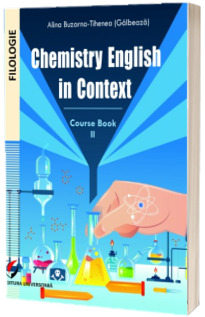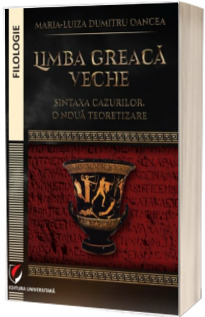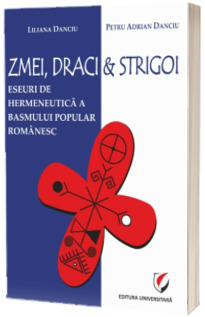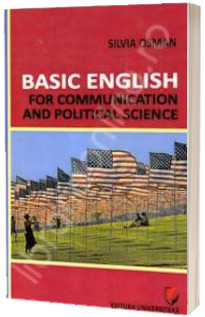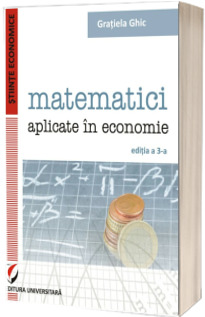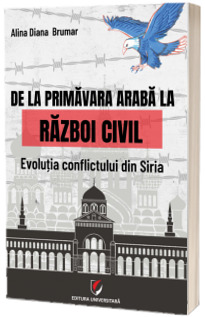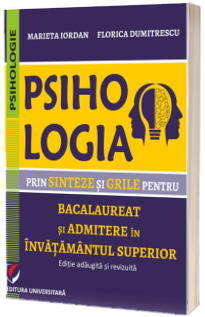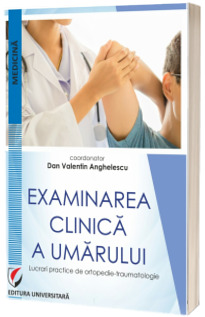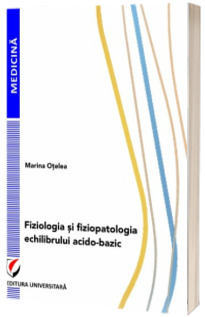Descriere - Chemistry English in Context. Course Book
Chemistry English in Context. Course Book is the result of research undertaken by Assistant Professor Alina Gălbează (Buzarna-Tihenea) as part of the program of the Department of Modern Languages for Specific Purposes within the Faculty of Letters, "Ovidius” University of Constanta. It materializes the author's interest in updating the English teaching approach, in accordance with the developments of the chemical industry and of the university curricula.
The importance of being able to speak a foreign language cannot be denied nowadays. For a specialist in any field of knowledge, being a speaker of an international language means having access to the latest scientific literature. Moreover, this may grant access to more jobs on the international labour market, in the context of the increasingly globalised society.
Chemistry English in Context. Course Book has been developed for first and second year chemistry students who have an intermediate or upper-intermediate level of knowledge of English. It can also be used independently, by professionals in the chemical field who use English in their research and work and who need to communicate with colleagues, in an internationalized environment.
The aim of this course book is to help its readers achieve autonomy when communicating in English, by acknowledging their own needs, by making individual effort and by assessing themselves periodically. It was conceived as a tool which can be used to acquire, develop and test the learner's knowledge of some of the more common terms and grammatical structures which may be encountered by students and specialists in the chemical field. The combination between the chosen authentic materials and the typology of the exercises is aimed at stimulating the creativity, fluency, grammar and lexical precision of the learners.
Chemistry English in Context. Course Book consists of eight units. The first seven deal with a different aspect of chemistry, while the eighth is a revision unit. Within the units, the exercises are increasingly specific, starting with the introduction of the topic, through brainstorming, then developing the terminology and grammar, fixing this knowledge and then challenging the learners to use their newly-acquired knowledge in the form of structured discussions and essays.
The typology of the exercises is diverse, adapted to the degree of richness of the topic and to the type of grammar taught. The exercises start with a high degree of abstraction, dealing with the theoretical side of the topic, after which they become more specific, dealing with the concrete, applied aspect of the topic. Each unit is followed by a Grammar Snapshot, consisting in a synthesis of the grammatical aspects encountered in that unit. Assistant Professor Lavinia Istratie-Macarov
